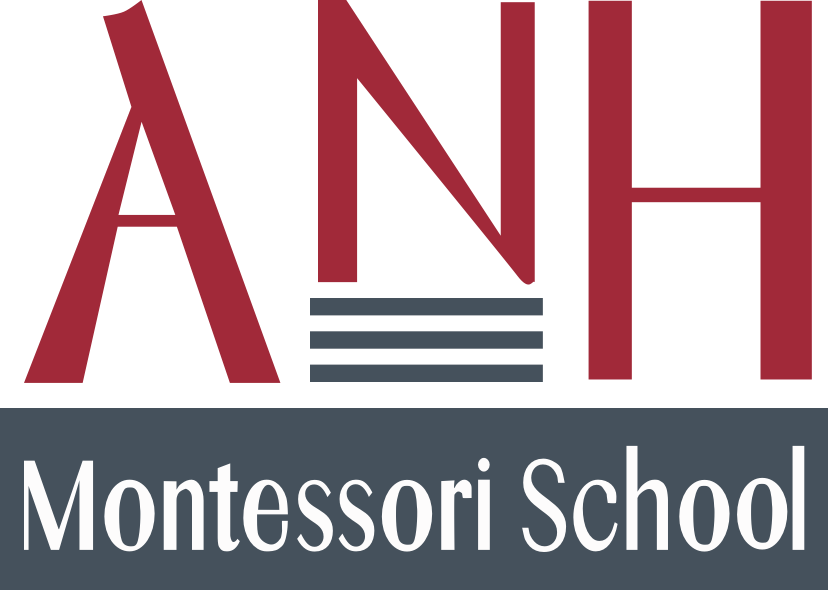PHILOSOPHY
Dr. Maria Montessori developed the Montessori method believing that no human being is educated by another person. He must do it himself, or it will never be done. Dr. Montessori felt that the goal of education should be not to fill the child with facts from a pre-selected course of studies but rather to cultivate his own natural desire to learn. The Montessori classroom allows each child to experience the excitement of learning by his own choice rather than by being forced. The classroom helps the child to perfect his natural tools for learning, so that his ability will be maximized in learning situations.
ACADEMICS
From infancy to adolescence, the Montessori classroom offers familiar academics such as math, language, science, history, and geography. In order to best educate the “whole child” the classroom also features lessons in grace and courtesy, practical life, sensorial, foreign language, cultural studies, art, and music. The Montessori curriculum is unique in that the academic subject areas are integrated with topics that allow the children to develop into world citizens.
All students receive lessons in Spanish at least twice weekly. Elementary students receive lessons in Mandarin and music once per week. Families can elect to enroll in extra-curricular programs that are offered at an additional cost. These activities include Tippi Toes dance, Happy Feet soccer, Karate, Suzuki lessons, art lessons, and music lessons in piano, guitar, bass guitar, and drums.
Characteristics of an authentic Montessori school include:
Classrooms that include children of different ages
An environment that encourages responsibility and self-discipline
Philosophy that supports independence
An orderly classroom with prepared individual lessons
A teacher who guides rather than directs
Parents who understand and support the learning process, and who are involved in their child’s education
An atmosphere of mutual respect

